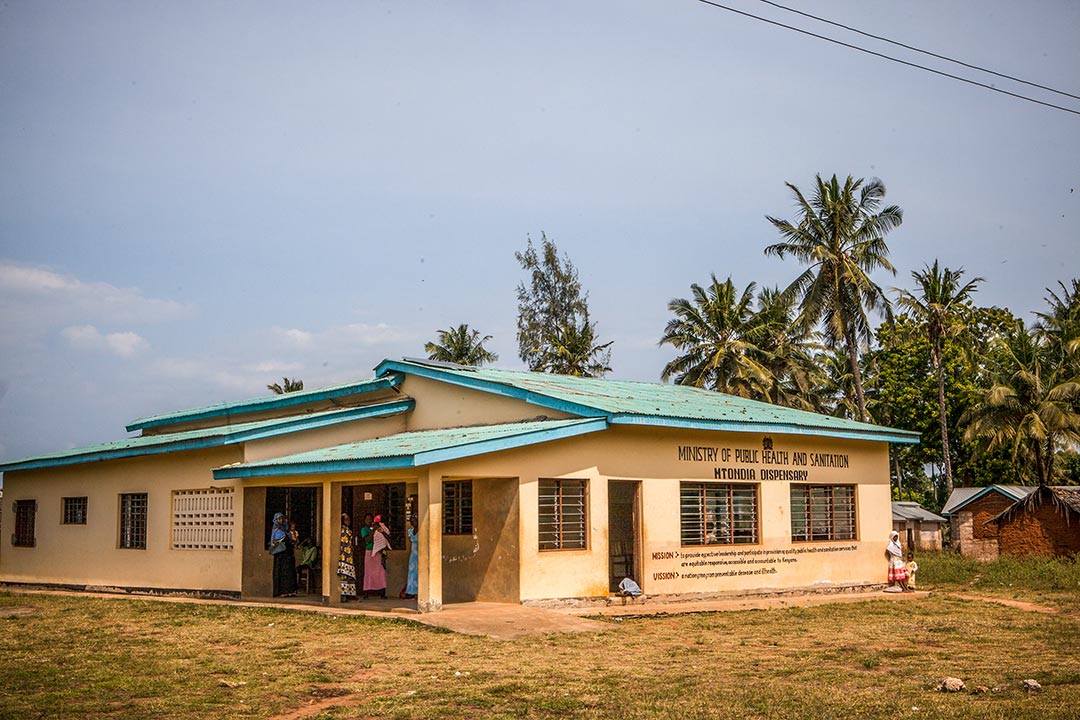What is INFUSE?
Innovation for Uptake, Scale and Equity in Immunisation, or INFUSE, aims to scale up groundbreaking global health solutions by connecting high-impact, proven innovations where countries need them most. Gavi, the Vaccine Alliance, issues the INFUSE calls for innovations, inviting organisations to bring forward new ways to modernise global health and immunisation delivery, address immunisation challenges and reach more children with life-saving vaccines. INFUSE then works with its community of private sector and global health specialists to select the most promising innovations and “infuse” them with the necessary capital, expertise or other support needed to bring them to scale.
Since its launch, INFUSE has cultivated a community of global health innovation players, including 21 INFUSE Pacesetters, dedicated to overcoming vaccine delivery challenges in Gavi implementing countries. For example, INFUSE Pacesetter Nexleaf monitors the vaccine supply for 1 in 11 babies born globally each year, with more than 34,000 remote temperature monitoring devices deployed. Thanks to Nexleaf, the United Republic of Tanzania is becoming the first lower middle-income country to achieve end-to-end visibility into its vaccine cold chain. Zipline’s drone delivery service has helped deliver more than 14 million vaccines in Rwanda, Ghana, Kenya and Nigeria, reducing by 60% vaccine stock-outs at Zipline-served facilities compared to non-Zipline facilities. Building on the support from the private sector and the Gavi Matching Fund, initial investments in INFUSE Pacesetters totalled over US$ 60 million, leading to more than US$ 200 million in follow-on funding for global health innovators.
The challenge
Climate change exacerbates existing health challenges and introduces new ones, including increased vulnerability to diseases sensitive to climate conditions – such as malaria – and the likelihood of more frequent and severe disease outbreaks due to extreme weather. Immunisation has been identified as a critical adaptation strategy to reduce vulnerability to climate change.
Direct damage costs to health from climate change are estimated to be between US$ 2–4 billion per year by 2030, and the potential consequences of climate change could lead to an estimated additional 1.4 million zero-dose children annually due to migration and displacement by 2040.
By preventing infection in the first place, routine immunisation is the first protection against vaccine-preventable diseases sensitive to environmental crises and climate impacts. Routine immunisation helps communities, particularly the most marginalised, build resilience and mitigate the risk of outbreaks of climate-sensitive diseases. It sets the foundation for resilient health system and responds to both climate-related and other health emergencies.
Reaching zero-dose children means their families and communities could access additional health services – building their health resilience, preparedness and ability to adapt to social determinants of health impacted by climate change.
Gavi’s role in modernising immunisation services will be imperative to adapt to the climate crisis and mitigate the carbon footprint induced by immunisation. Gavi is committed to building climate-resilient health systems to ensure continuity of essential services during and outside of health emergencies.
The opportunity
To respond to climate change, Gavi is leveraging its portfolio of vaccines, including some against deadly climate-sensitive diseases, such as malaria, typhoid, yellow fever and cholera, as well as its portfolio of scaling innovations in last-mile delivery, data and demand generation. To further expand this toolbox, INFUSE is actively seeking groundbreaking solutions uniquely positioned to modernise health systems. Particularly, INFUSE wishes to surface innovations aiming at the development of low-carbon and sustainable health care systems, enhancing the skills of the workforce to navigate these challenges and be prepared to anticipate and respond to disruptions.
Green health care solutions
Innovations that help reduce energy consumption and emissions – particularly for last-mile delivery – or to improve health care waste management while ensuring efficient vaccine delivery.
Capacity-building for climate-adaptative health care
Solutions that provide insights and resources to empower frontline health workers in identifying, mitigating and responding to climate-related health threats.
Climate-resilient vaccine distribution
Approaches or data solutions that enable health systems to predict vaccine delivery efficiently in the face of climate-related challenges, with the ability to reach displaced populations, particularly in chronic fragility and acute emergencies settings.
APPLYING TO THE CALL FOR INNOVATIONS
Application deadline: 11:59 pm (23:59) CEST (Geneva time) on 14 April 2024
Applications will be assessed on thematics such as: cost-effectiveness; potential time to scale; level of impact; evidence base of success to date; strength of the business model and the team; and adaptability. Particular attention will be paid to pre-existing track records with respected public and private partners; the ability to be replicated in at least French- and English-speaking countries; and sensitivity to gender-related barriers to immunisation and environmental challenges. Solutions emerging from lower-income countries are encouraged to apply. Please note that INFUSE is not seeking early-stage ideas for research or pilot projects.
Technical experts and industry leaders will review submissions based on their ability to accelerate, improve and upgrade processes and service delivery across the immunisation value chain to increase coverage and equity in immunisation. Selected innovations will be invited to join the INFUSE community – an ecosystem of leading innovators, corporations and development partners tasked with collaborating to bring more significant innovation to the immunisation and global health space. The selected INFUSE Pacesetters will receive focused support from Gavi and its private sector partners to allow them to be taken to scale.

